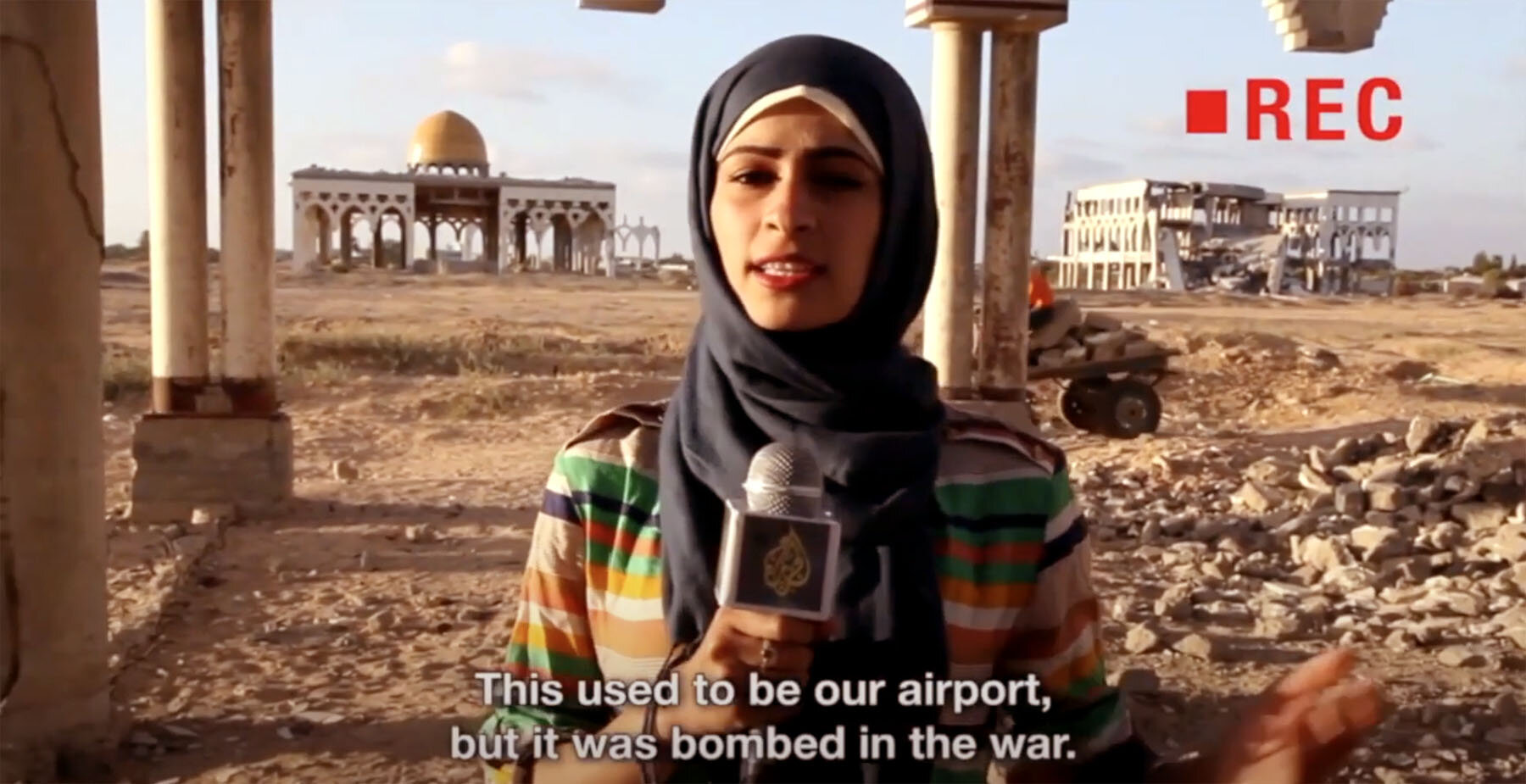
Scene from the promo reel for Gaza Airport: “Fefe plays the role of a budding journalist from an affluent family in Gaza City who risks her life to tell the stories of Gaza to the world.” —Elana Golden, screenwriter/director
Elana Golden
1
“At the airport,” read Rana’s Facebook status. It was July 2010. Gaza was sealed by Israel and Egypt, only a few Gazans could get out. I was thrilled for her, thrilled that she would be going abroad on her summer vacation, maybe to Paris, which I knew was her dream. I wrote in the comments, “Cairo airport or Tel Aviv airport?”
“Gaza airport,” was her reply. I was perplexed. The Gaza airport had been destroyed in the 2nd Intifada and then again in 2006 in retaliation for the abduction of the Israeli soldier Gilad Shalit by Hamas. I had seen the Gaza airport on Google Satellite — it is one big ruin!
“What are you doing there?” I wrote. She answered in a private message, “I’ll tell you later.”
— • —
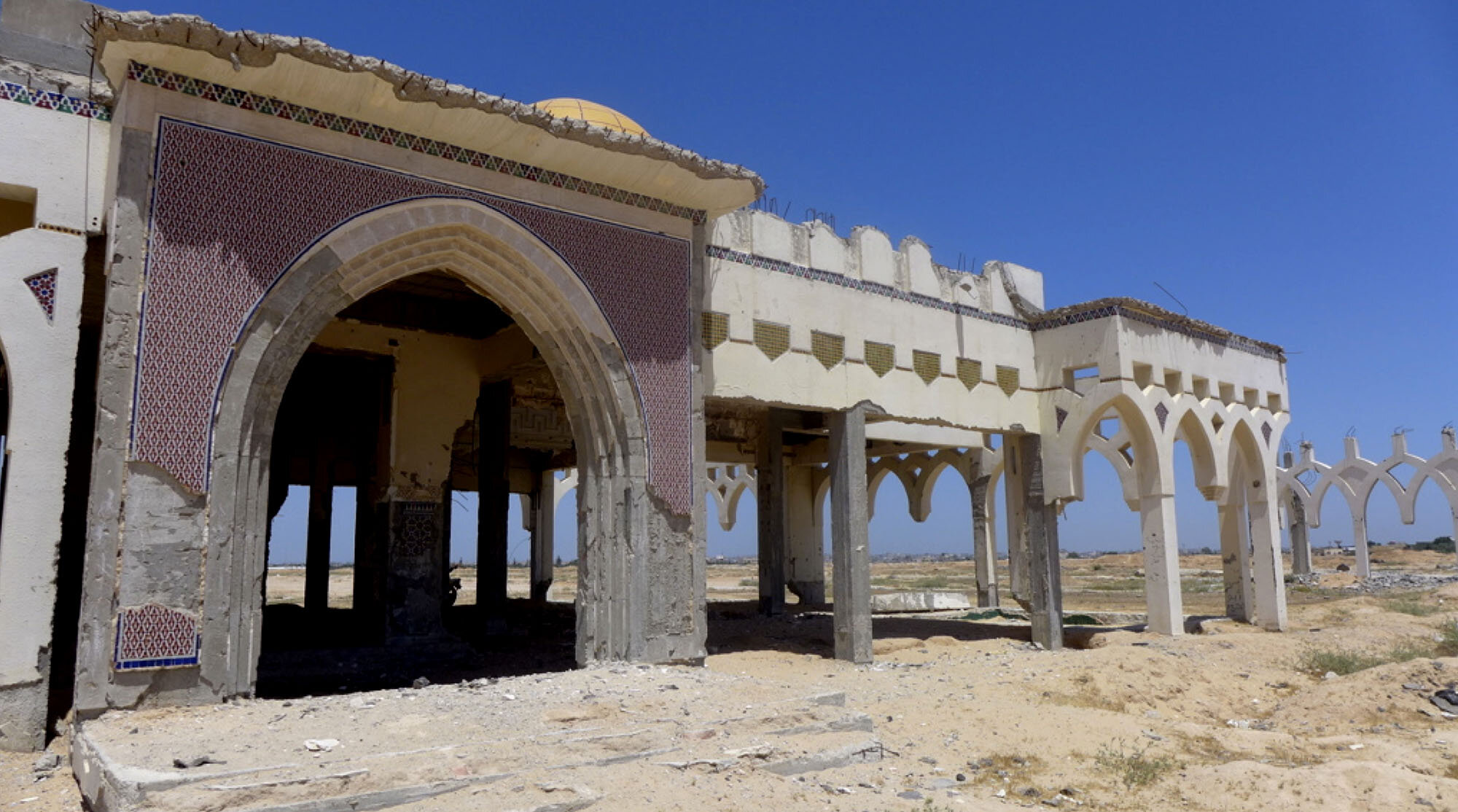
The bombed-out remains of the former Gaza Airport (all photos Elana Golden unless otherwise noted).
A few months earlier I was seated at my kitchen table in Los Angeles scrolling through Facebook and happened upon a comment that Rana, who I did not yet know, had written on one of my friend’s posts. I was struck by the outpouring of warmth and intelligence in her comments and by her excellent English. We became Facebook friends. She was nineteen, a business student at one of Gaza’s universities, with dreams of becoming a journalist and a writer. She was well read, from Charles Dickens to Victor Hugo to Edward Said. I coached her in creative writing. She wrote about her life in the besieged coastal strip: the instant the 2008/09 war on Gaza began; her mother who kept her five daughters in one room to protect them from the bombings; a religious service in a mosque on Laylat al-Qadr – the Night of Power – at the end of Ramadan; her trips to refugee camps and farming villages on the border with Israel. Her stories were intimate and defiant, and she soon launched them in a blog she started.
Very quickly I became Facebook friends with Rana’s friends. There was Lara who photographed both the beauty and the ruin of Gaza: seagulls hovering over the seaport; a narrow alley in a refugee camp where cloth serves as doors; children who look straight into the lens as if to say, “Look at me! I am here!” There was Enas, only sixteen, but already intent on becoming a human rights lawyer; she wanted to write and we had writing sessions via Skype. There was Mohammed, from a refugee camp in the central Gaza Strip, who was interested in spirituality and organized a meditation session via Skype, with me in Los Angeles and seven of his friends in a rented room in Gaza City. And there were many others, all of them university students, all of them talented, creative, thirsty for life and for freedom, and wishing for the world to know them and read their stories, see their art, and hear their songs. My friends in Los Angeles commented on how I was “helping them,” but the truth is that they were helping me. They helped me put things in perspective and they confirmed my long-held assumption that out of suffering emerge the strongest souls. I fell in love with those youngsters.
In May 2010 the Freedom Flotilla sailed to Gaza. Rana and her friends were filled with anticipation and excitement to meet activists from around the world. Some of us in Los Angeles had sent them books and hand-knitted hats. When it all ended with the fatal Israeli attack on one of the boats in the flotilla that killed ten Turkish human rights activists and wounded dozens, there was no end to Rana’s sorrow and frustration.
Now she was at the Gaza airport, resilient and cheerful as ever, for a purpose I did not know.
— • —
Scrolling through Facebook I saw a photo of kids bouncing basketballs with a caption that read “Gaza Airport.” A comment beneath the photo read, “We were told not to post on social media, better take it off!”
A week or so later, reports on Al Jazeera and CNN showed images of thousands of kids bouncing basketballs on one of the airport’s destroyed runways, which had been paved for the event. They wore matching bright t-shirts and white caps and stood in perfect rows, the golden dome of the destroyed airport’s mosque gleaming in the sun behind them. I was touched by a closer shot of two handicapped boys, one missing a leg, the other an arm, bouncing their basketballs with undivided attention, proud and determined. The goal, for which they had all been practicing for weeks in their refugee camps, was to break the Guinness World Records in bouncing basketballs for five minutes without a drop. And they did. 7,203 kids to be exact! There was a big hoopla as they threw their basketballs up in the air shouting for joy. In an interview with John Ging, the director of UNRWA (UN Relief and Works Agency) in Gaza, he said, “We need this airport not just for world records, but for airplanes.”
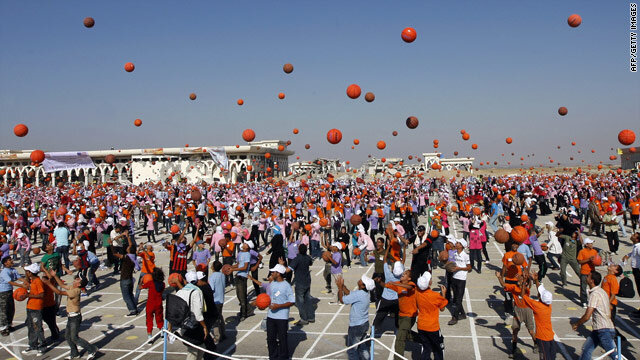
7,200 Palestinian children in the Gaza Strip simultaneously dribbled basketballs for five minutes in an attempt to enter the Guinness Book of World Records, July 2010 (photo AFP/Getty).
All of these pieces meshed together in my mind and coalesced into a screenplay for a feature film, a work of fiction inspired by the events of that summer and the people I had come to know. I titled it Gaza Airport—a symbol for Gaza’s youth call for freedom. But there was one thing I did not understand: why had UNRWA asked those preparing the airport for the event not to publicize or speak about it before the day of the event? I found out that a few weeks earlier, an extreme faction in Gaza had burned and vandalized an UNRWA summer camp overnight. I understood that the UNRWA organizers took cautionary measures to prevent such a thing from happening again.
Politics affecting every aspect of life in Gaza — be it the Israeli siege, the Egyptian border closures, the violence of extremists, or the blackout of U.S. media — had always played a part in the storyline of my script. What I couldn’t know was what a determining factor politics would play on the journey of making the film.
Rana helped me with the writing of the screenplay, patiently and generously answering my questions. She introduced me to the late Dr. Eyad Sarraj (1944 – 2013), psychiatrist, human rights activist, and founder and director of Gaza Community Mental Health Programme (GCMHP) that offers free mental health services to people in Gaza. I spoke with Dr. Sarraj on the phone and told him about my film project and that I wanted to give workshops in creative writing in Gaza. He invited me to come. When I said I would come for two or three weeks, Dr. Sarraj exclaimed, “Why so short? Come for two or three months.” That’s typical of the generosity and hospitality of Palestinians, in Gaza and everywhere.
In the summer of 2013, I traveled to Gaza to shoot a promo for Gaza Airport with a Gazan cast and crew, and to teach workshops in creative writing. Two years earlier, the first Egyptian revolution had taken place. Hosni Mubarak, president of Egypt for the past thirty years, had been toppled and Mohamed Morsi, the Muslim Brotherhood’s candidate, was voted president of Egypt. Restrictions on entering Gaza via the Rafah border in the Sinai Desert had been eased.
2
On my first night in Gaza I was standing with some of the filmmakers on the 12th floor terrace of LAMA Films in Gaza City taking in the cool evening breeze. To the west, the Mediterranean Sea was bathed in the afterglow of sunset. Down below, the golden lights of the boulevard had just come on. To the north stood erect the tall power tower of Ashkelon Seaport in southern Israel, so close you could reach out your hand and touch it. A few kilometers to the east stretched the militarized concrete wall separating Gaza from Israel. And up in the twilight sky, a large balloon was moving slowly.
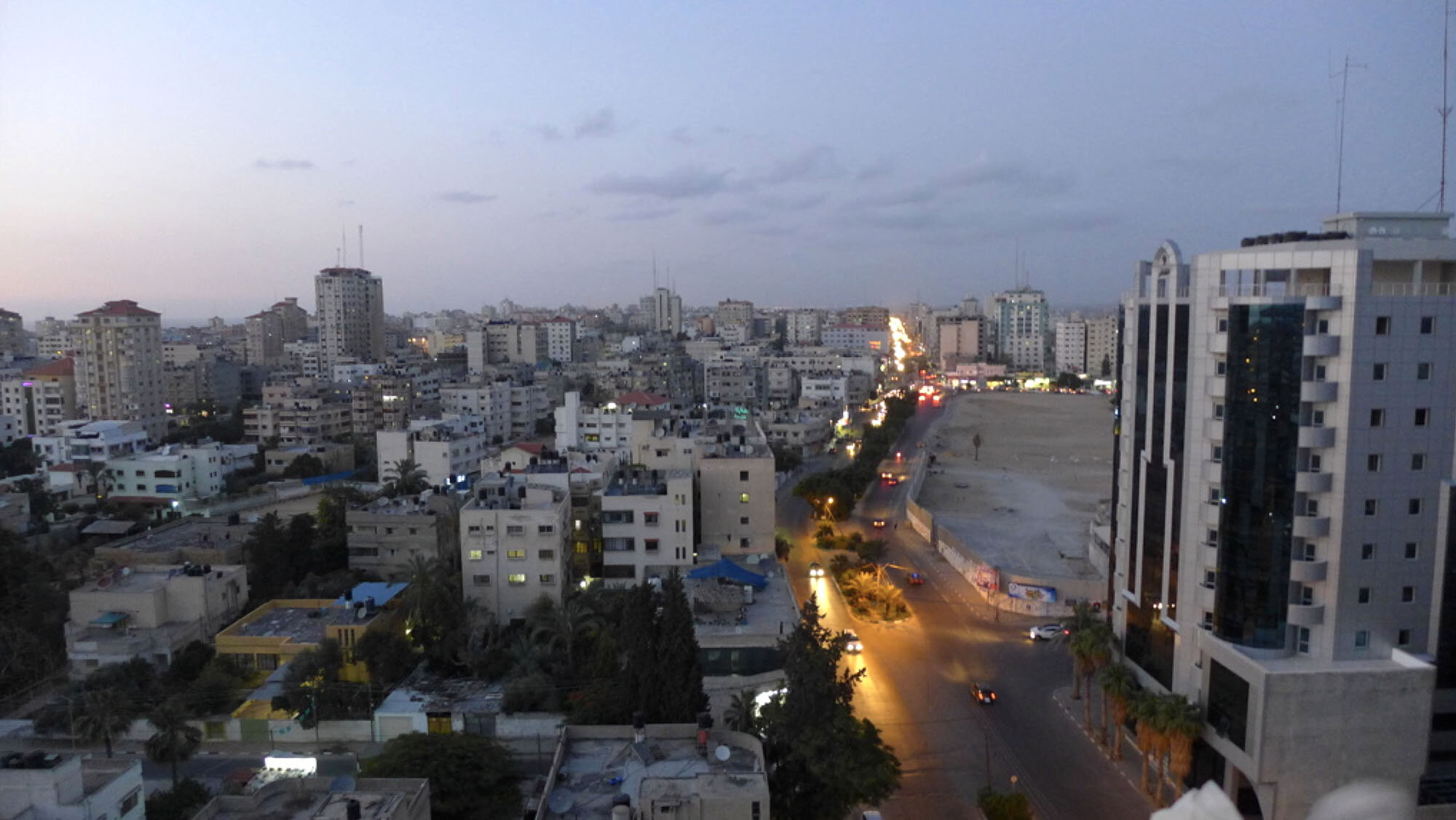
Gaza street viewed from the LAMA production office in Gaza City in 2013 (the building was destroyed in the 2014 war, meanwhile the turquoise building in the background, upper right, is the Al-Jalla building containing the Associated Press and Al-Jazeera offices that was bombed and leveled to the ground in May 2021.)
“What’s that?” I asked.
“Israeli military patrol,” explained Khalil, founder and director of LAMA Films, who had studied film in St. Petersburg, Russia.
“In a balloon?” I asked, perplexed.
“A balloon with cameras on it,” answered Khalil with a wry smile. I took that in. Every move in this place is under surveillance by Israel.
“How was your entrance to Gaza?” asked me one of the filmmakers as he offered me a cigarette, which I declined.
“There were thousands of people, but I had a connection on the Egyptian side who got me out of there in no time. The Hamas people on the Gaza side were super kind. One of them carried my suitcase out.”
“Because you are American. They are trying hard to present a nice image.”
“Maybe,” I said. “To tell you the truth the scariest part was the drive from Cairo. The taxi driver drove 150 kilometers an hour all the way! But now I know Mohammed Assaf, we sang his songs all the way to Gaza.”
The guys swung into an upbeat Mohammed Assaf song and I joined in. The doorbell rang and Khalil said the actors were here, so we went inside. Out at sea, lights twinkled and reflected in the now dark water. The closer lights were the Palestinian fishing boats; the ones further away were Israeli navy ships preventing the Palestinian fishermen from crossing the 3-mile zone allowed for fishing. If they crossed it, shots would be fired, there would be arrests, sometimes fatalities, and always their boats would be confiscated.
— • —
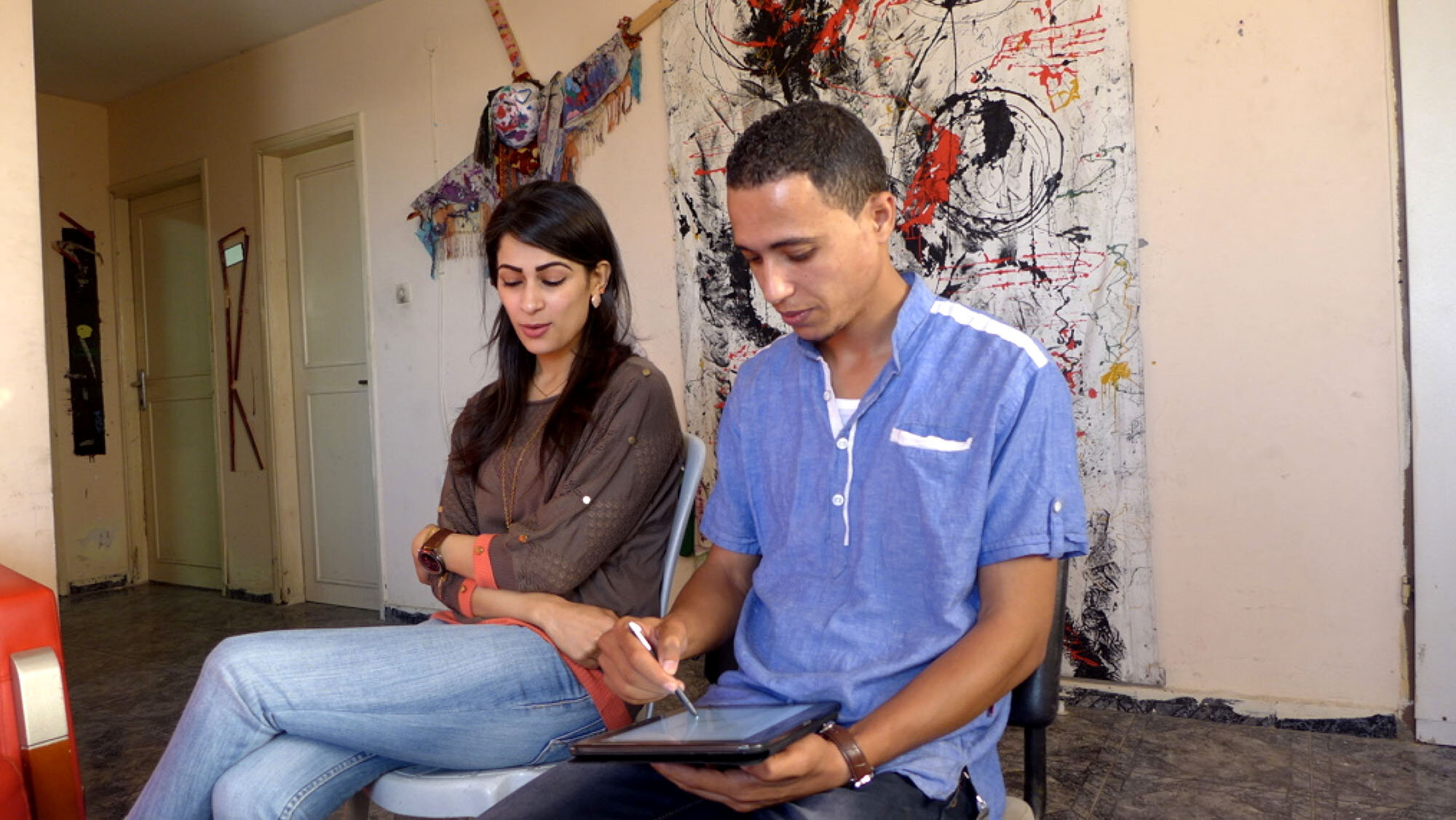
Costars Fefe and Ibrahim rehearse a scene from Gaza Airport.
Fefe and Ibrahim were the actors Khalil had cast. Fefe was beautiful, full of smiles and warmth, in skinny jeans and an Indian style top, with long black hair and black-as-ink eyebrows that accentuated her deep, dark eyes. She had acted in short films before and was excited to act in a feature film, portraying the role of a budding journalist from an affluent family in Gaza City who risks her life to tell the stories of Gaza to the world. Ibrahim was tall and handsome, his buttoned up, flawlessly ironed shirt echoing his bright smile and optimistic disposition. He had no acting experience but was a natural in the part of an artist from a refugee camp who had lost his father to an Israeli prison and then to depression and suicide. Neither actors spoke more than a few words of English. As I went on to direct them, we communicated with the help of interpreters, but mostly with our facial expressions, hand gestures, intuition — and we understood each other very well!
Making a movie is difficult, no matter what, no matter where, even in Hollywood, with a large budget, professional actors, and a crew that has done it a million times. I know, because I worked on forty feature films in Hollywood and New York as a script supervisor and film consultant, and I saw many professionals make many mistakes and fail to solve creative problems. To shoot a film in Gaza — on a shoestring budget, with actors and a crew with little to no experience, who mostly don’t speak English, with Hamas restrictions on travel at night, frequent electrical power outages, in extreme heat, and with the looming threat of an Israeli bombing — is nearly impossible.
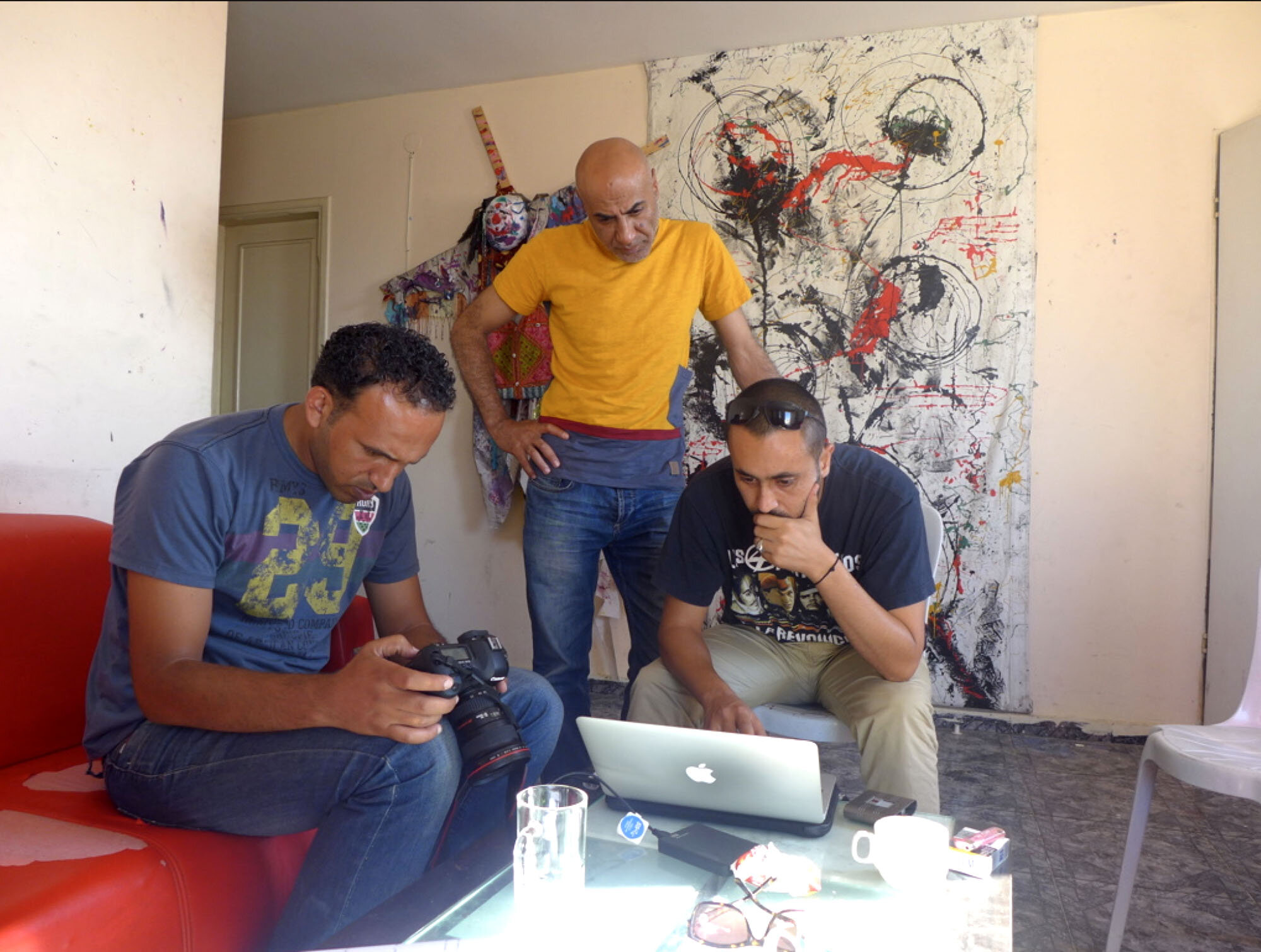
Production meeting with Khalil, Ibrahim, and Emad — producer and cinematographers, respectively.
The script to Gaza Airport takes place in 2010, one year after Operation Cast Lead, when neighborhoods hit in the war were still in ruin. Following the Egyptian revolution of 2011, and through Morsi’s presidency, Gaza was rebuilt. In 2013 when we filmed the promo, wherever you looked you saw newly built modern high rises, heavy construction equipment, bulldozers, cranes, and lifts. The producer, cinematographer, and I scouted locations looking for a neighborhood in a refugee camp that was still in ruin, and we could not find one! What an irony. Sure, we saw many destroyed houses in the Rafah region in the south, but those did not suit our artistic vision, nor our budgetary restraints.
Despite all the challenges to filming in Gaza, prepping and shooting the promo was a great experience for all of us. Gaza has been blessed with talented cinematographers and speedy editors who dare to experiment. Unbridled by film unions, one or two people would solve a problem that in Hollywood would call for an entire crew. Above all I admired everyone’s attitude. These young men and women had survived two devastating wars, in 2008/09 and 2012, and had looked death in the face, some of them through their camera lenses in the midst of explosions and fighting. They had lost friends and family, yet they were peaceful and calm. No one shouted at anyone, as is the case on many movie sets in the U.S., and if they did, they would shake hands and hug and laugh five minutes later. The only one who shouted once in a while, “Quiet on the set,” was me. Here in Hollywood we take everything so seriously and stress over every little detail. In Gaza, while striving to do the best work possible, there is perspective. It’s not worth it getting upset if a shot is not in focus or an actor is late. It’s not a matter of life and death. They go with the flow and trust what life will bring on. A better shot will replace the one out of focus; the light will be better once the actor gets there.
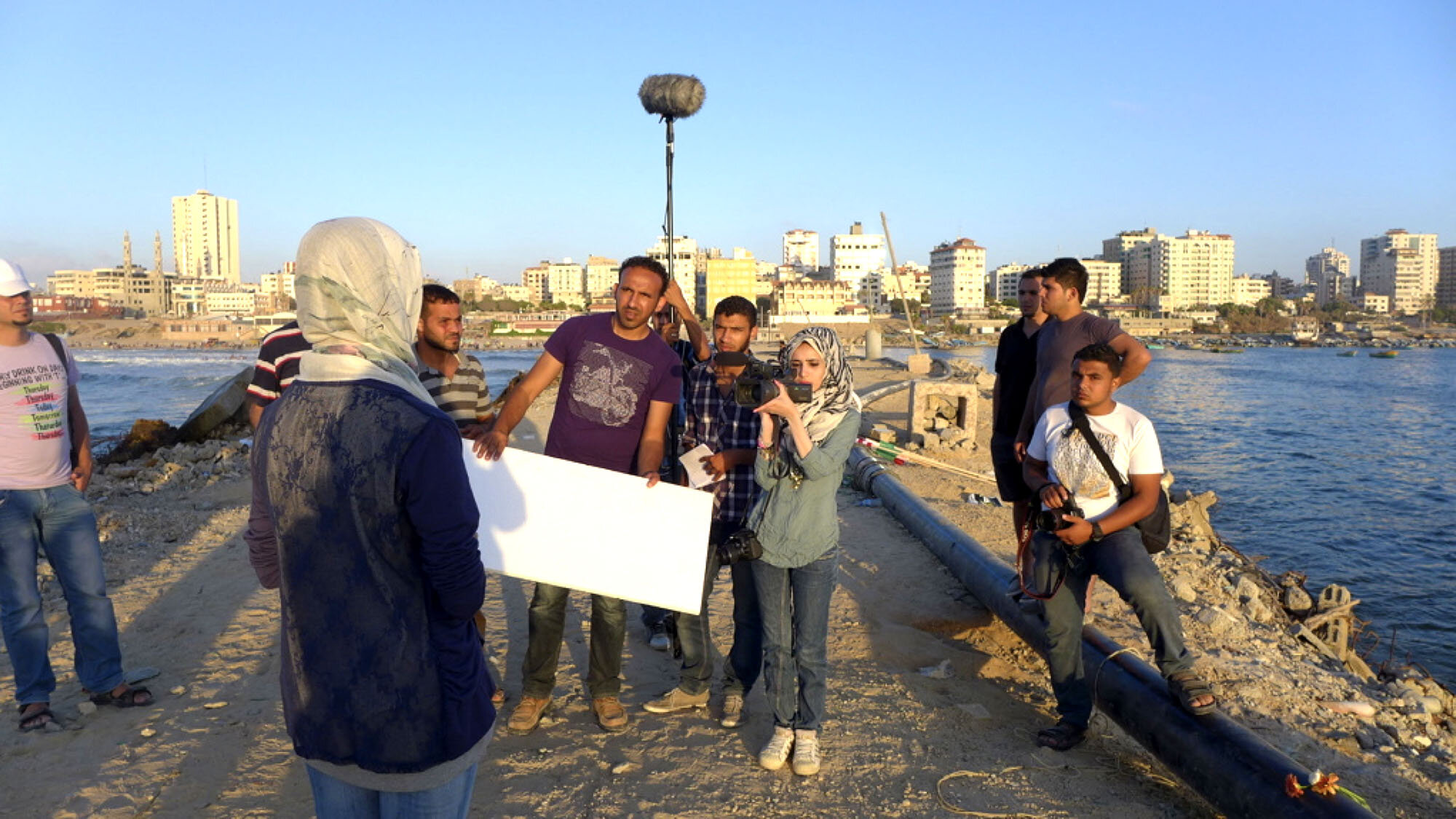
Shooting the promo for Gaza Airport.
It takes thirty minutes to drive the 50-kilometer Sea Road, which is the length of the Gaza Strip, and ten minutes to drive its 11-kilometer width. We filmed everywhere: at the destroyed airport where patches of colorful mosaic are still seen on the columns, the beach and alleys of Deir El-Balah refugee camp, the seaport, a café, a fancy apartment in Gaza City. I was constantly aware of being surrounded by Israel with no escape. The only escape for Palestinians is into the ordinary joys of life: a wedding, a sunset over the sea, a good book, or the songs of Mohammed Assaf, the boy from a Gaza refugee camp who was competing that summer in Beirut to become the Arab Idol. His songs were always blasting in our minibus, and we always sang along while driving from one location to the next.
3
In April 2014 I was headed to Gaza for the second time. Everyone told me not to go. “You’ll never get in,” they said.
The year before, a week after I left Gaza, the June 30th Revolution in Egypt had toppled President Mohamed Morsi and brought to power General Sisi, archenemy of the Muslim Brotherhood. The Gaza border with Egypt had been closed for the past sixty days, and had opened only four times for two days each time since the first day of Sisi’s presidency. Gazans scheduled for surgeries in Egypt and students registered at universities abroad had not been able to leave Gaza, and thousands of Gazans were stranded abroad, unable to return home. Just a month prior, a delegation of American and European women traveling to Gaza for International Women’s Day had been turned away at the Cairo airport.
“I have all the paperwork,” I explained to a friend who was trying to dissuade me from going, “the invitation from Gaza, a letter from the Egyptian Foreign Ministry, and the Egyptian visa with the permit to enter Gaza.”
“So did those women,” replied my friend.
I was not turned away at the Cairo airport. But driving through the Sinai Desert to reach Gaza was very different from the summer before. There were many more military checkpoints, and to cross the Suez Canal we did not take the Al Salam suspension bridge like the year before, for it was now closed to all traffic in an attempt to prevent factions opposing General Sisi’s regime from reaching Cairo. We crossed the Suez Canal by ferry. I did not know whether the Egyptians would be opening the border to Gaza that day. There were rumors that they would, but one never knew — such rumors traveled every day and were false.
As we reached El Arish, a beach town thirty kilometers from Gaza, my taxi driver, who lived in El Arish, called a friend who worked at the border. The border was closed. For security reasons, per my driver’s advice, I took a room at the Swiss Inn, a 5-star hotel on the beach. Violent factions were allegedly lodged all around El Arish, and the hotel was protected by Egyptian army tanks from sunset to sunrise. I did not know if the border would be open the next day or the next week or the next month. Such information was only announced on TV the night before.
After three days by the turquoise emerald water of the Mediterranean Sea, I received word that the border would open the next day. The news did not appear on TV. The border would not be open to those trying to enter Gaza, but to the two buses coming out of Gaza with Gazan pilgrims travelling to Mecca to perform the holy UMRAH. I was told to go to the border anyway — “one never knows.”
The main road was guarded by the Egyptian army, with soldiers positioned every few kilometers, some of them in antiquated tanks, stopping cars from reaching the border with Gaza. The taxi I hired drove through desert sands and broken sideroads. I was dropped near the border gate and joined a group of about sixty Palestinians and their cornucopia of luggage who, like me, were hoping to cross into Gaza. By the grace of God, we were allowed in.
— • —
“Paint a picture with words,” I told the nine English Literature students at the Islamic University of Gaza seated in front of me in dark, head-to-toe robes and vibrant hijabs listening attentively.
“Make it specific, concrete, use detail. Write it in such a way that we will feel we are right there with you, experiencing this life-changing event you are writing about.” After an inspirational reading from a novel and a short meditation to quiet the mind they wrote for an hour by hand. The room was quiet. It’s one of the times in my life I love the most — this quiet time when students are writing. I looked at these beautiful, smart, ambitious young women, at their concentrated expressions, catching a glimpse of the high-heeled sandals and skinny jeans some of them wore under their long robes.
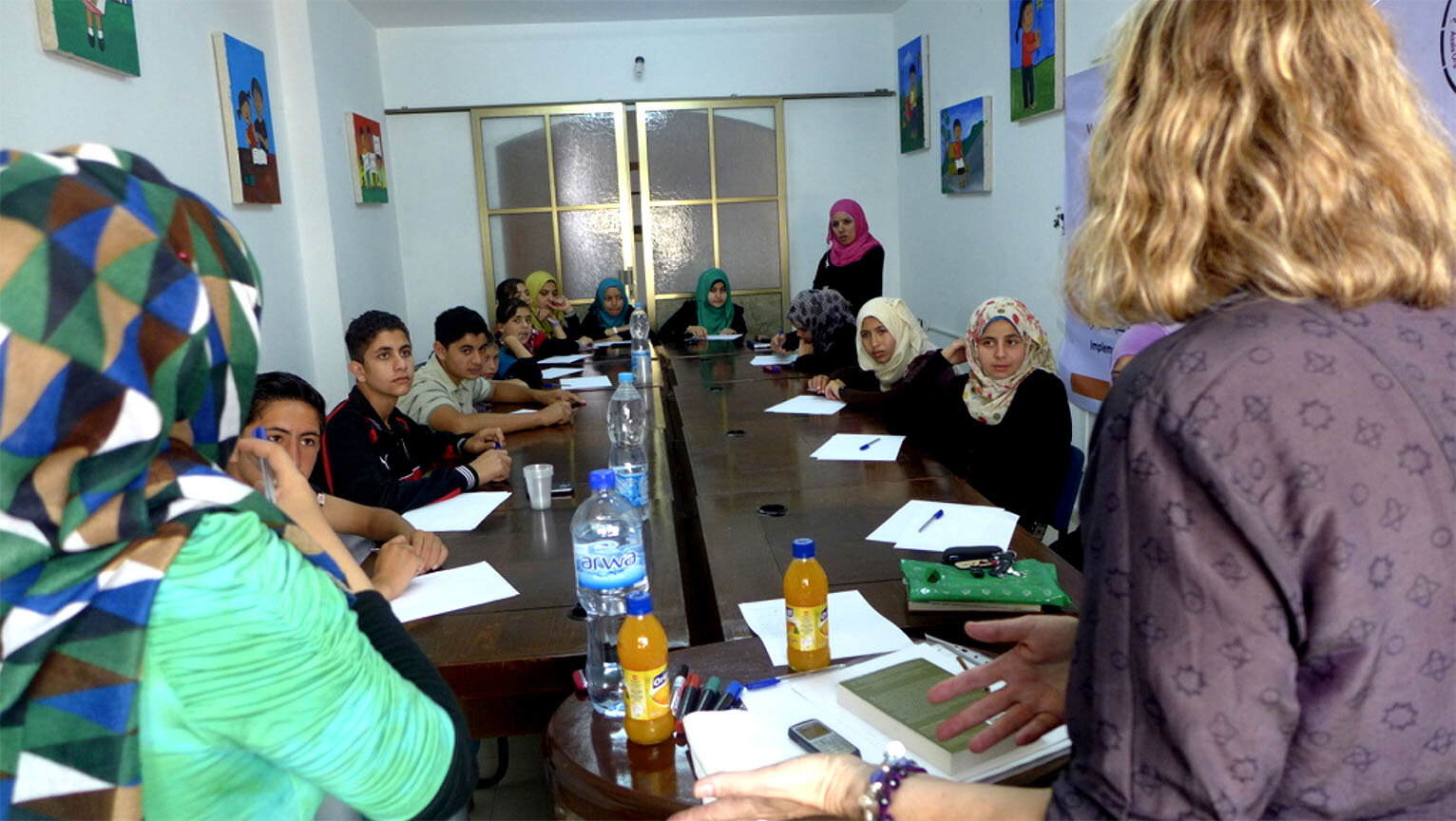
Gazan teenagers take the writer’s creative writing class in 2013.
As with the classes in creative writing I had given in Gaza the year before and this year — to social workers, psychologists, English instructors, budding writers, and middle and high school teens — each of the English Literature students read us her story:
A bride is putting on her wedding dress just when a bomb explodes at the end of the street, and the 2008/09 war on Gaza begins; luckily there is enough food to feed the guests who are stuck in the bride’s house. A young girl braids her hair before travelling from Gaza to a prison in Israel to meet her father for the first time in her life. A Palestinian born in a United Arab Emirates country does not understand why the word “Palestinian” is taboo; when she understands, she returns to study and live in Gaza. Stories upon stories, weaving the mundane with the unspeakable, pleasure with pain, and always, always, spiced with humor, pride, and hope.
— • —
This year, our film production office was on the 15th floor of a building, a block from the sea. Our windows overlooked the Gaza seaport, the Al Deira hotel with its red-clay façade and arched white windows, and a mosque with three elegant minarets. When the Muezzin’s call to prayer rose in the evening sky, nobody was happier than me. Our production team consisted of the producer and cinematographer from the year before, an additional producer, and a cameraman who videotaped our budget and script meetings, location scouts, and casting sessions for a Behind the Scenes documentary.
Once again, our location scouts took us in search of a house in a refugee camp. It had to be in an alley, near one or more bombed-out houses, next to an open space where kids could play soccer, where a van could be parked, and where a small bridal shop could be created. We scouted the Al Shatee and Jabaliya refugee camps and other villages in the north. Once again, we did not find such a location. Neither did we find the potential local investors we wanted to meet — they were not available. Soon came the last day of my three-week stay, and sadly I began to say goodbye.
If in my stay in Gaza the year before all you heard was “Moahmmed Assaf,” “Mohammed Assaf” — after all, he had won the Arab Idol title later that previous summer — the topic of conversation this year was, “Maabar Rafah,” “Maabar Rafah,” which means “Rafah Border.” “Will it open?” “When?” “For how long?” The night before my due departure a rumor emerged that it would be open the following day, and though there was nothing about it on TV, I was told to pack and go to the border.
At 6:00 a.m. droves were already waiting by the gate. We waited. We drank coffee in the small café that had wifi. Hamas officers in dark blue uniforms told us they were waiting for coordination from the Egyptian side. We waited some more. We pleaded, we begged, we explained our reasons why we had to be let out that day. Every once in a while, there was a commotion; it appeared that the border was about to open, so we would carry our luggage to the gate, only to return to the café.
What if I am trapped here forever? What if the cat sitter in Los Angeles cannot stay with my cat any longer?
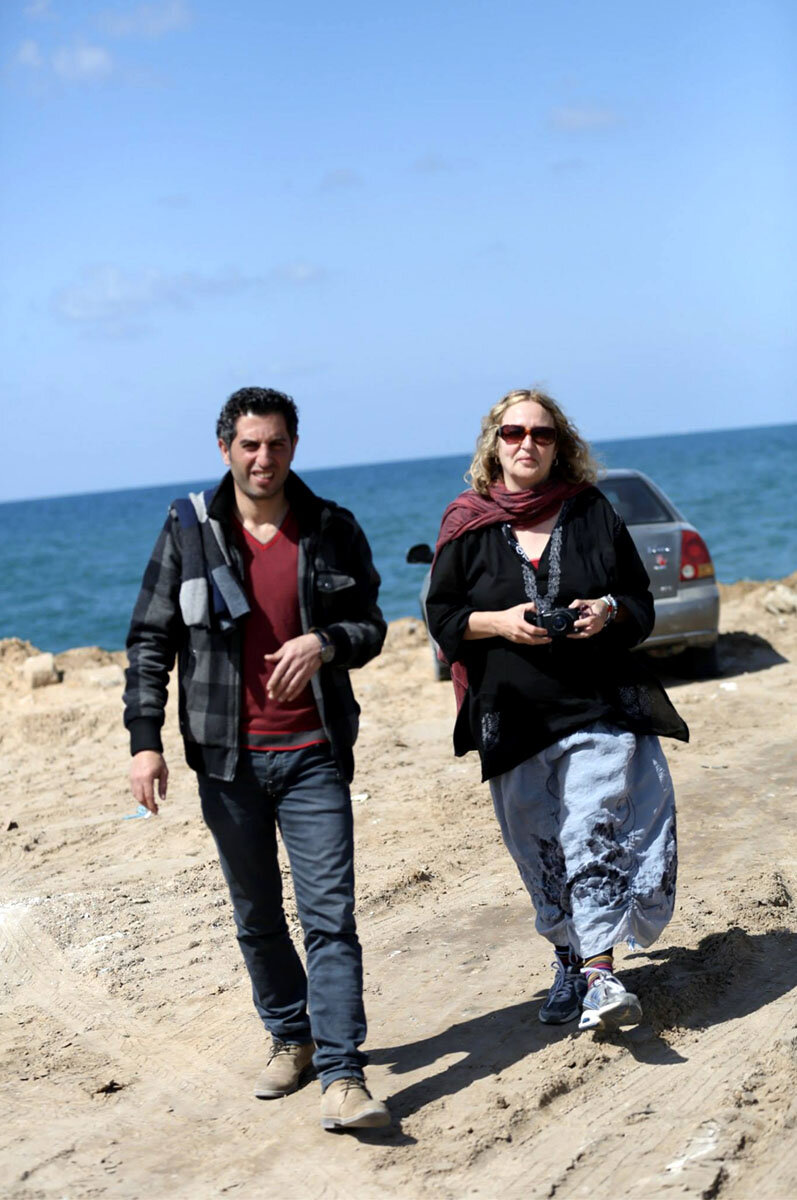
Gaza Airport producer Youssef with Elana Golden.
By 2:00 p.m. it was clear that the border would not be opened that day or the next. I returned to the hotel in Gaza City. Though angry about being deprived of my freedom of movement, I was happy to stay in Gaza longer!
Back in the office on the 15th floor I called a friend in Los Angeles to deal with the cat situation. She asked me, “So what are your plans?”
“Plans? In Gaza? That’s an oxymoron,” I replied.
The cliché says that we have a plan, and God has another plan for us. And so it happened that the potential investors we had not been able to meet the week before were now available, and we met them. They showed interest in the Gaza Airport film project.
“Come back and we’ll have a fundraiser,” suggested one of them.
“Send the script and promo and budget to so and so,” suggested another.
I stayed in Gaza for another week before the border was opened — meeting friends, some who I had not been able to see earlier, we worked more on the film—we had fun!
4
I did not send the script or promo or budget as I had been advised, nor did a fundraiser for the film take place. Shortly after my return to Los Angeles, three teenage Jewish settlers in the West Bank were abducted. Israel accused Hamas and shortly after bombed Gaza for fifty-one days from the air, sea, and land, annihilating entire neighborhoods, flattening buildings, and killing hundreds of children, women, and the elderly. The potential investor’s three-story villa was bombed and destroyed. The high rise where LAMA Films was situated on the 12th floor, where I had first seen the city and where I had met the actors for the film, was bombed and flattened to the ground. The director of Gaza Community Mental Health Programme, with whom just two weeks earlier I had marched in support of Palestinian prisoners in Israeli prisons, lost 29 family members in one Israeli Air Force strike on their building, in the midst of their Ramadan Iftar. None of them were combatants, not one of them was affiliated with an extreme faction, or had launched homemade bombs on southern Israel. Lara and Jehad, in whose home I had had a delicious meal cooked from scratch, were videotaping the nightly bombings of Gaza from their 13th floor balcony in Gaza City and streaming it live. To calm her small child every time a bomb exploded, my friend Layan would clap and smile and laugh and say: “Balloon! Balloon!” One of our producers filmed and reported on the war for an Arab channel; when I finally caught him on the phone, his voice was darker than the grave.
Seeing the images of Gaza’s bombed neighborhoods on TV, I wanted to scream in agony. I could not reconcile the ghostly buildings — which seemed worse to me than images of Berlin after the Allies bombed it in World War II — with our fruitless location scouts in search of a bombed-out house just weeks before.
As soon as a ceasefire was announced I decided to return to Gaza to help people heal, and I got my paperwork in order. A few days before my departure a massive suicide bombing in an Egyptian military camp in El Arish killed 24 Egyptian soldiers. An extreme faction in the Sinai Desert claimed responsibility. Egypt accused Hamas in Gaza of being involved, and in retaliation destroyed the smuggling tunnels between Egypt and Gaza still in operation, and entire neighborhoods in the Egyptian border city of Rafah in order to widen the buffer zone. A three-month state of emergency and curfew were announced. Everyone told me not to go. I heard rumors that the border would open. I flew to Egypt. The border did not open, and I did not enter Gaza.
The following spring, I planned to go to Gaza again and I went to the Egyptian consulate in Los Angeles to apply for a visa. The laws had changed. The U.S. State Department was no longer permitting U.S. citizens to travel to Gaza through the Sinai Desert .
“It’s not safe,” said the consul, “we can’t help you, Miss.”
— • —
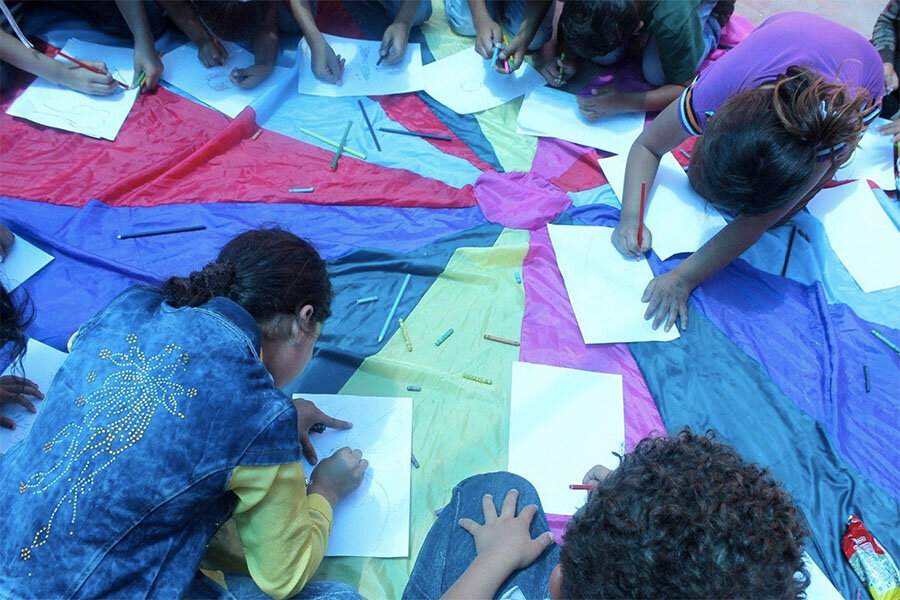
Gazan kids in an art class at the Heart Beat Youth Center.
Time passed. I continued to mentor young people in Gaza in creative writing from my home in Los Angeles. I worked with a few who were suffering from depression and trauma, using meditation and breathing methods, talking with them, listening to them, loving them. I created a website, Gaza Narratives, with stories and photographs by my Gazan students and friends. Since it had become evident that I could not enter Gaza in a foreseeable future, I spoke with Khalil, the director from LAMA Films, about directing Gaza Airport. And I began supporting Heart Beat Youth Center in Khan Younis in the Gaza Strip. This beautiful organization, founded and headed by Kifah Qudaih, offers educational programs that are empowering and healing to kids and youth from marginalized neighborhoods and refugee camps. Many of them had lost family members in the 2014 war on Gaza.
Every year before Ramadan, Kifah and the staff at Heart Beat Youth Center — teachers, psychologists — take the kids on a day of creativity, fun, and games. One year, Kifah wanted to plan the day around music and asked me to send him songs in English that the kids would learn. I sent a few songs. One of the girls learned a song and they recorded it and sent me the video. She was struggling with pronouncing the English words, but she had a sweet voice and performed the song with enthusiasm and vitality — singing the verses and other kids joining her in the refrain. It was beautiful!
Again, I saw how these kids, in the besieged and war-ridden Gaza Strip, are eager to learn, to express themselves, and to be seen and heard.



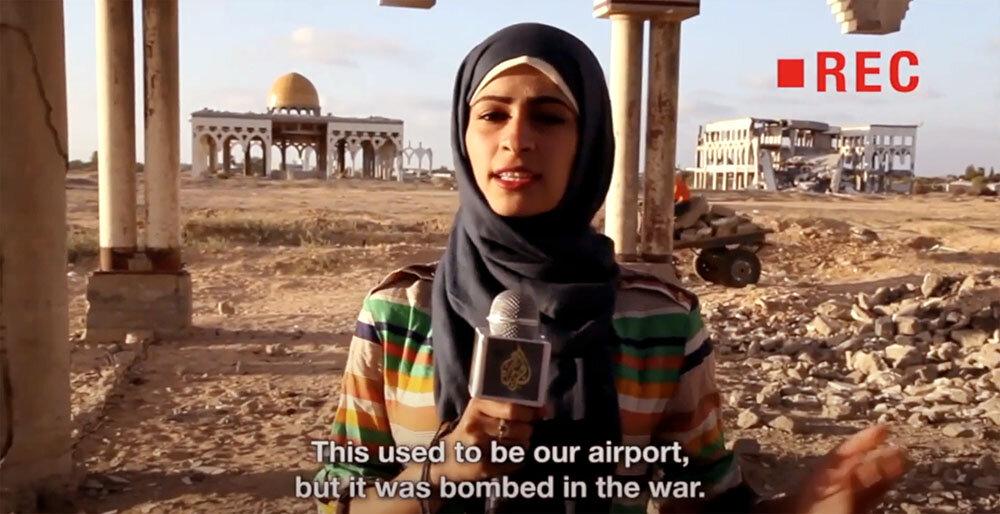
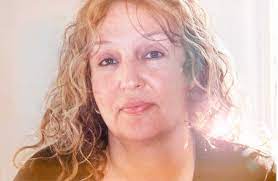


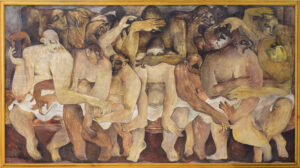





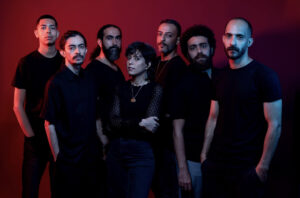










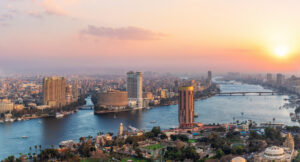








































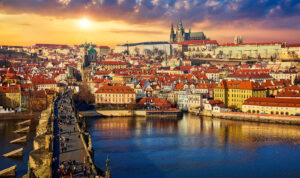



























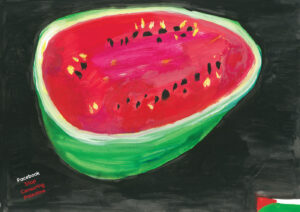




























































































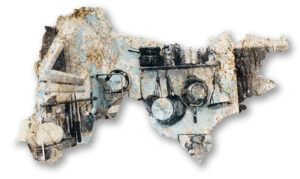


























































































Wonderful story, alive and relatable.